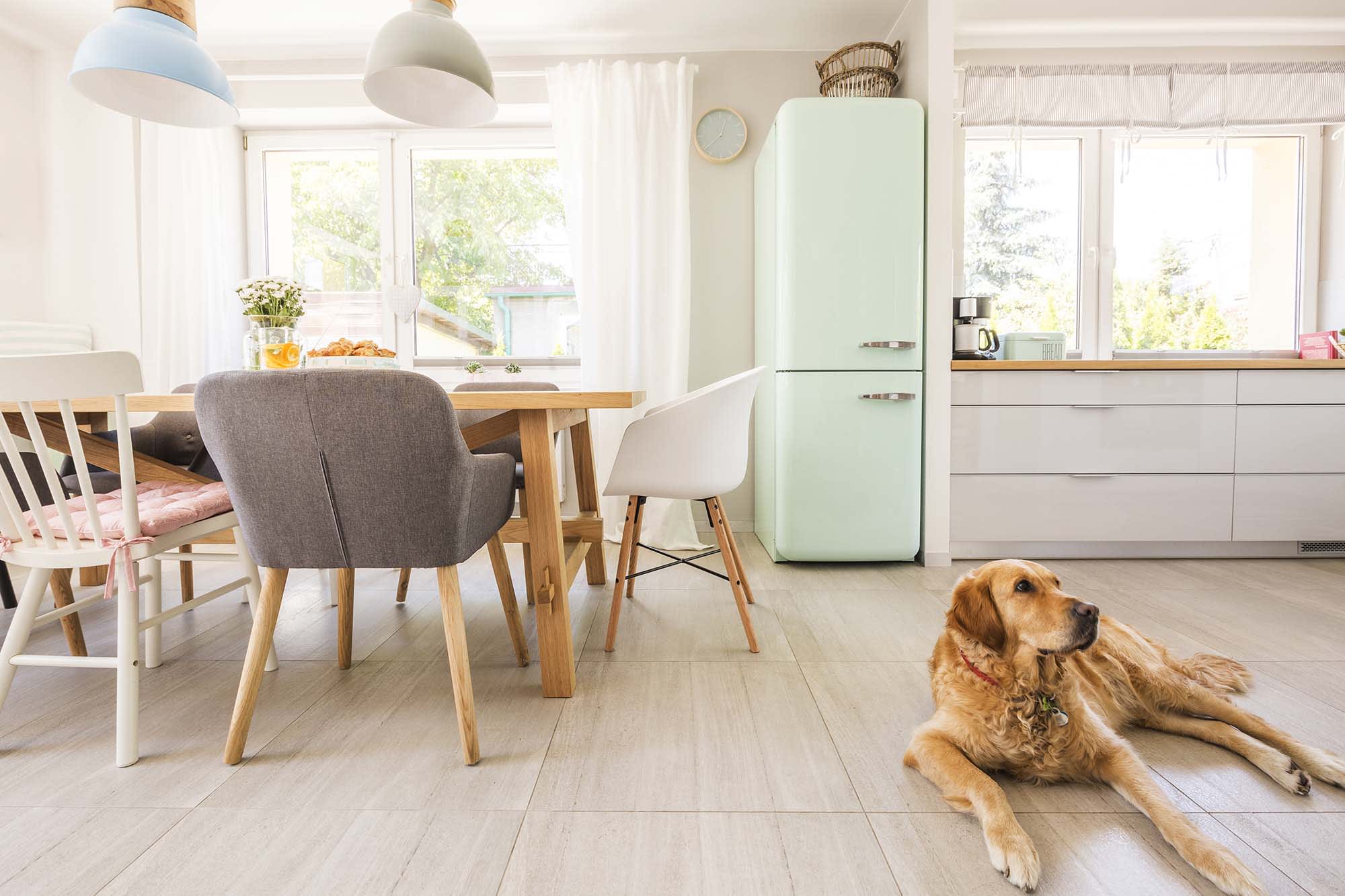In the realm of interior design, choosing the right flooring can significantly impact the overall aesthetic and functionality of a space. Among the myriad of options available, two popular contenders often stand out: vinyl plank and laminate flooring.
Many homeowners find themselves pondering over the question, "What is the difference between vinyl plank and laminate flooring?" Let's delve into the distinctions that make each of these flooring choices unique.
What is the difference between vinyl plank and laminate flooring
Composition and material
One of the fundamental differences lies in the composition of these two types of flooring. Vinyl plank flooring is crafted from synthetic materials, primarily PVC (polyvinyl chloride), layered to create a resilient and water-resistant surface. Laminate flooring, on the other hand, is a composite product consisting of a core layer made from high-density fiberboard (HDF) or particleboard, topped with a high-resolution image of wood or stone and a protective wear layer.
Appearance and aesthetic appeal
Vinyl plank and laminate flooring aim to replicate the look of natural materials like wood or stone. Vinyl plank flooring achieves this through a high-resolution photographic layer, providing a realistic appearance. Laminate flooring, meanwhile, utilizes a high-definition image layer combined with embossing techniques to mimic the texture of real wood or stone.
While both types of flooring offer a wide range of designs and patterns, laminate flooring often boasts a slightly more authentic feel due to its textured surface. However, the difference in appearance may be subtle, and personal preference plays a significant role in the choice between the two.
Durability and water resistance
When it comes to durability and water resistance, vinyl plank flooring takes the lead. Vinyl is inherently water-resistant, making it an excellent choice for spaces prone to moisture, such as kitchens and bathrooms. It is also more resistant to scratches and dents, making it an ideal option for households with pets or high foot traffic.
Laminate flooring, while durable, is not as impervious to water as vinyl. The HDF or particleboard core can swell and warp when exposed to moisture for extended periods. While some laminate flooring comes with water-resistant features, it is crucial to note that it is not entirely waterproof.
Installation and maintenance
Both vinyl plank and laminate flooring offer relatively easy installation, often using a floating floor system that does not require glue or nails. However, vinyl plank flooring is generally more forgiving when it comes to subfloor irregularities due to its flexibility and thickness. Laminate flooring may require a more level surface to prevent issues such as uneven wear.
Maintenance for both types is straightforward, usually involving regular sweeping or vacuuming and occasional damp mopping. However, excessive water should be avoided with laminate flooring to prevent damage to the core.
Visit Couch Potato Carpet & Flooring today!
The choice between vinyl plank vs laminate flooring depends on individual preferences, budget constraints, and the specific requirements of the space. Vinyl plank flooring offers superior water resistance and durability, making it an excellent option for areas prone to spills and moisture. Laminate flooring, with its slightly more authentic appearance, may be preferable for those seeking a traditional wood or stone aesthetic.
For the best guidance on choosing the right flooring for your needs, consider reaching out to flooring experts. If you're in the Hummelstown, PA, or Goldsboro, PA area, Couch Potato Carpet & Flooring is your go-to luxury vinyl and laminate flooring store. Their experienced team can help you navigate the nuances between vinyl plank and laminate flooring, ensuring that you make an informed decision for your home.
Contact or visit Couch Potato Carpet & Flooring today to transform your space with the perfect flooring choice that suits your style and lifestyle.









